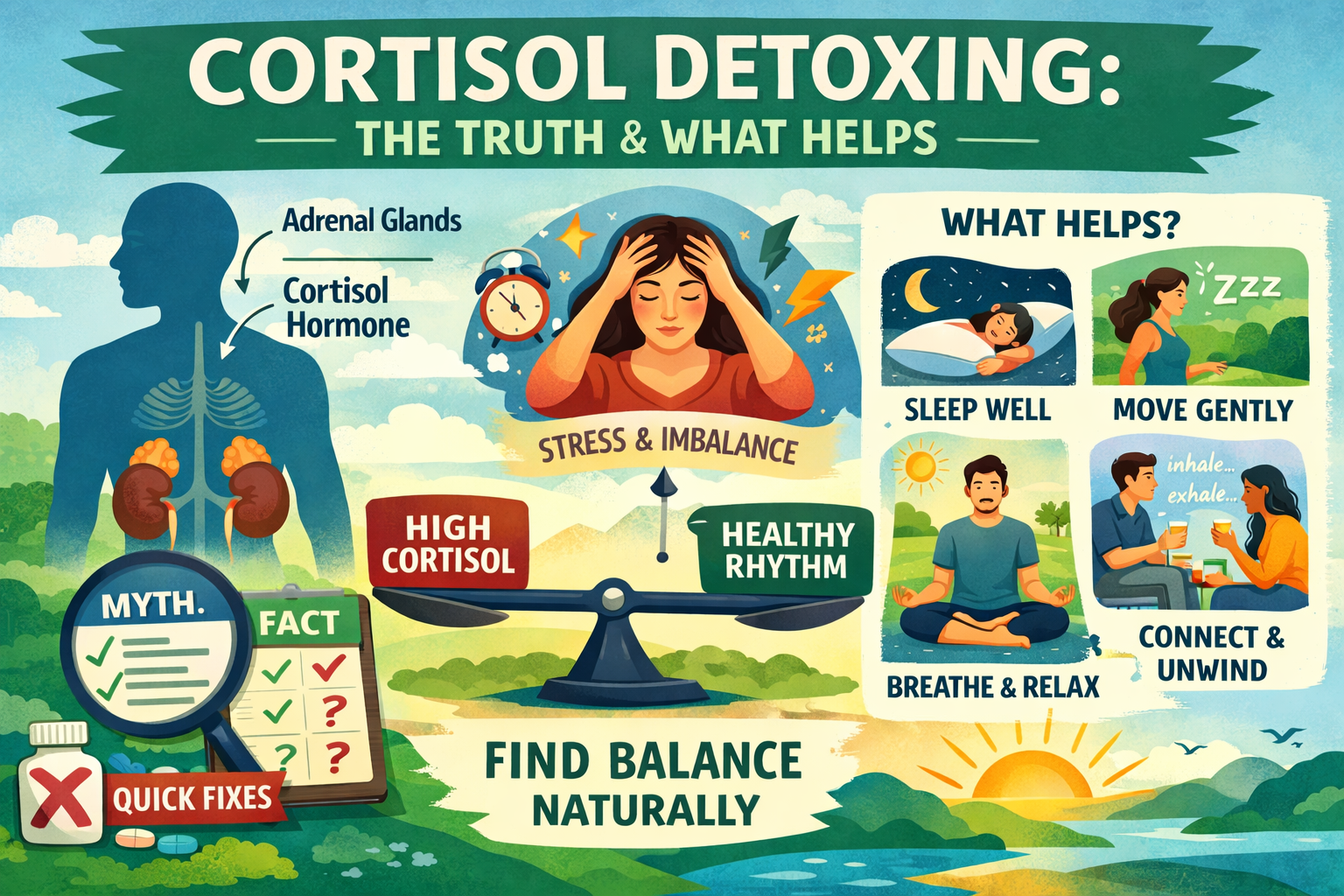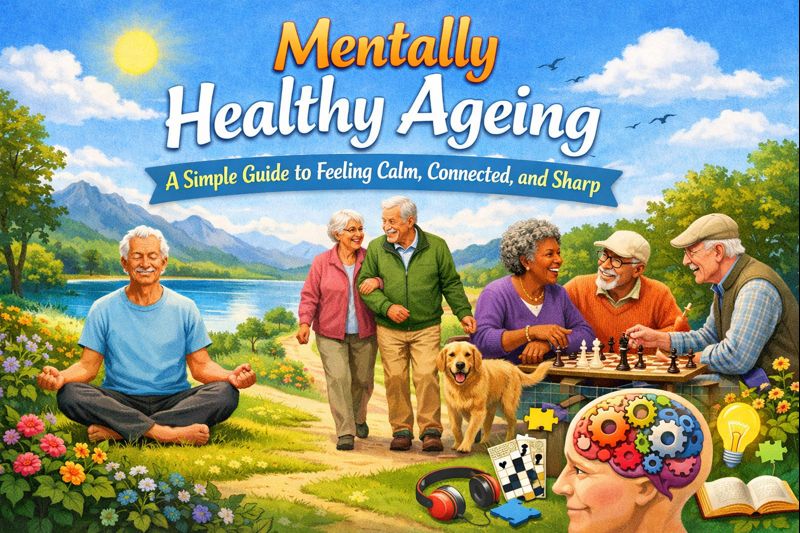Protecting your mind is crucial in today’s fast-paced, digital world. Many people experience what is often referred to as "brain rot," a term that describes mental fatigue, decreased cognitive function, and an overall feeling of sluggishness. Fortunately, there are effective strategies to combat this issue and keep your brain sharp. Here’s how you can protect your mind and enhance your cognitive health.
Understand Brain Rot
Brain rot can manifest as forgetfulness, difficulty concentrating, and mental exhaustion. It is often exacerbated by excessive screen time, poor diet, and a lack of mental stimulation. Recognizing the signs early can help you take proactive steps to improve your mental well-being.
Limit Screen Time
One of the most effective ways to combat brain rot is by reducing screen time. Start by tracking how much time you spend on digital devices. You may be surprised at the total! Set boundaries for daily screen use and consider deleting distracting apps from your phone. The 20-20-20 rule is a great guideline: every 20 minutes, take a 20-second break to look at something 20 feet away. This practice helps reduce eye strain and refreshes your mind.
Engage in Regular Physical Activity
Exercise is not just good for your body; it’s essential for your brain health too. Aim for at least 150 minutes of moderate aerobic activity each week. Activities like walking, cycling, or swimming can boost blood flow to the brain and improve cognitive function. Incorporate different types of exercise into your routine to keep things interesting. Yoga and dancing are excellent options that also promote relaxation and mindfulness.
Maintain a Balanced Diet
What you eat plays a significant role in your brain health. A balanced diet rich in fruits, vegetables, whole grains, and lean proteins can provide essential nutrients for cognitive function. Foods high in omega-3 fatty acids, such as fish, nuts, and seeds, are particularly beneficial. Avoid excessive sugar and processed foods, as they can contribute to cognitive decline. Instead, focus on whole foods that nourish your body and mind.
Challenge Your Brain
Keeping your mind active is just as important as physical exercise. Engage in activities that stimulate your brain, such as puzzles, reading, or learning a new skill. Playing musical instruments or volunteering can also provide mental challenges while keeping you socially connected. Creating a structured routine that includes time for hobbies and relaxation can help balance work and leisure, reducing the risk of burnout.
Practice Mindfulness and Meditation
Mindfulness practices like meditation can significantly enhance mental clarity and reduce stress. Spend just a few minutes each day focusing on your breath or practicing guided meditation. This simple habit can improve attention span and lower anxiety levels. Consider incorporating mindfulness into your daily activities—whether it’s during exercise or while enjoying a meal—by being fully present in the moment.
Prioritize Sleep
Quality sleep is vital for cognitive function. Aim for 7-9 hours of sleep each night to support memory consolidation and overall brain health. If you struggle with sleep issues, try establishing a calming bedtime routine that avoids screens before bed. If necessary, consult with a healthcare professional rather than relying on sleep medications that may worsen cognitive problems over time.
Stay Socially Connected
Social interaction plays a crucial role in maintaining cognitive function. Engaging with friends and family can prevent feelings of isolation that contribute to brain rot. Join clubs or groups that interest you to foster connections with others who share similar passions.
Manage Stress
Chronic stress can have detrimental effects on brain health. Incorporate stress management techniques into your daily life—whether through exercise, meditation, or simply taking time for yourself. Understanding how to cope with stress effectively can enhance resilience against cognitive decline.
Conclusion
Protecting your mind from brain rot involves a holistic approach that includes lifestyle changes in diet, exercise, mental engagement, sleep hygiene, and social interaction. By implementing these strategies consistently, you can enhance your cognitive health and maintain sharp thinking as you age. Start small—choose one or two strategies to focus on this week—and gradually incorporate more into your routine. Remember that every step counts toward protecting your mind!














